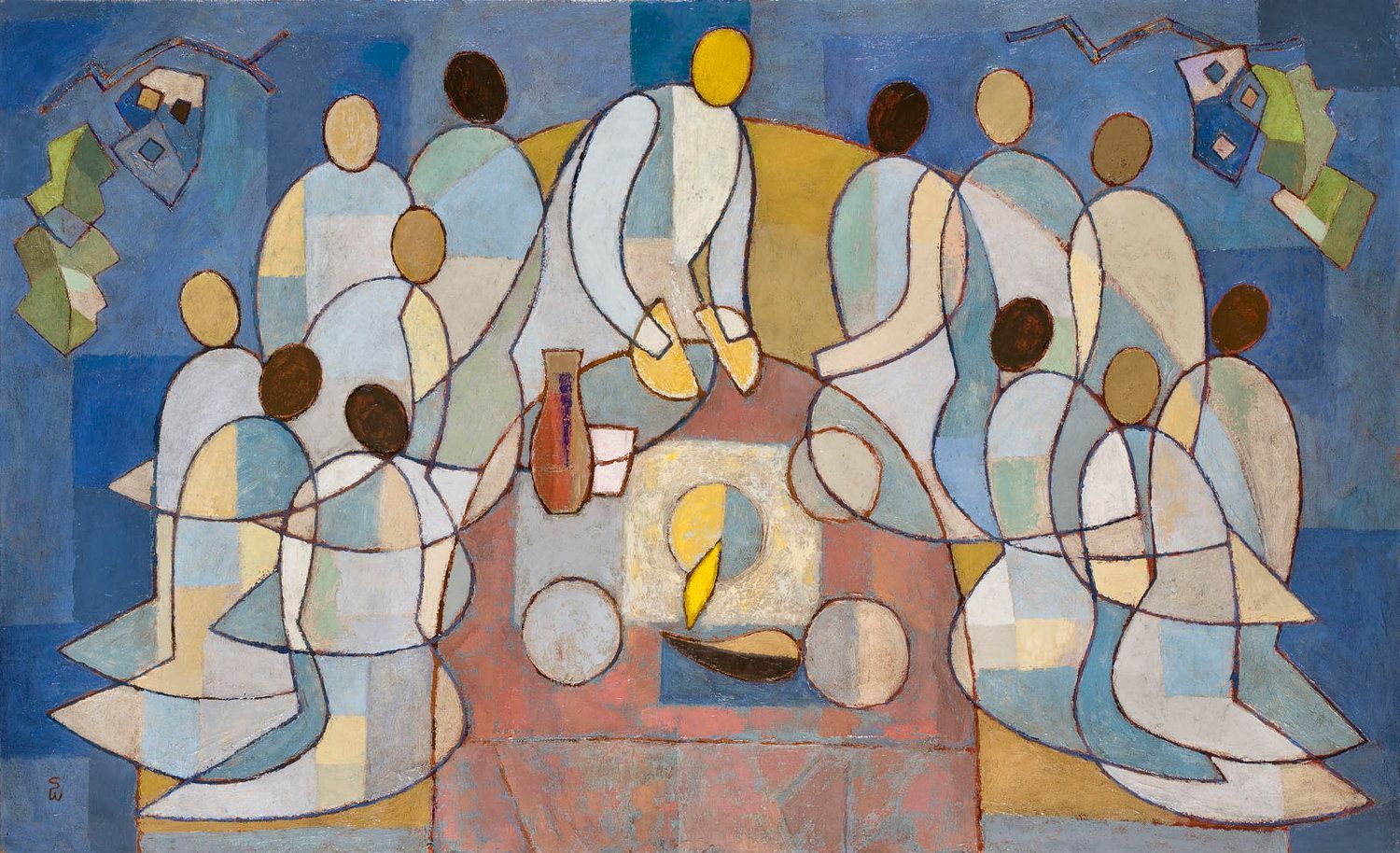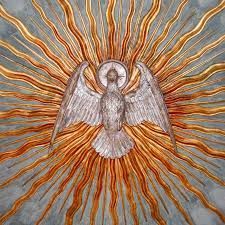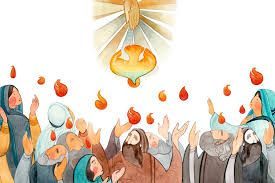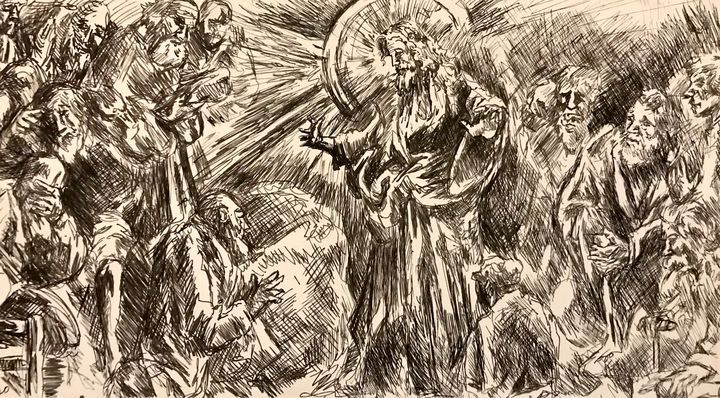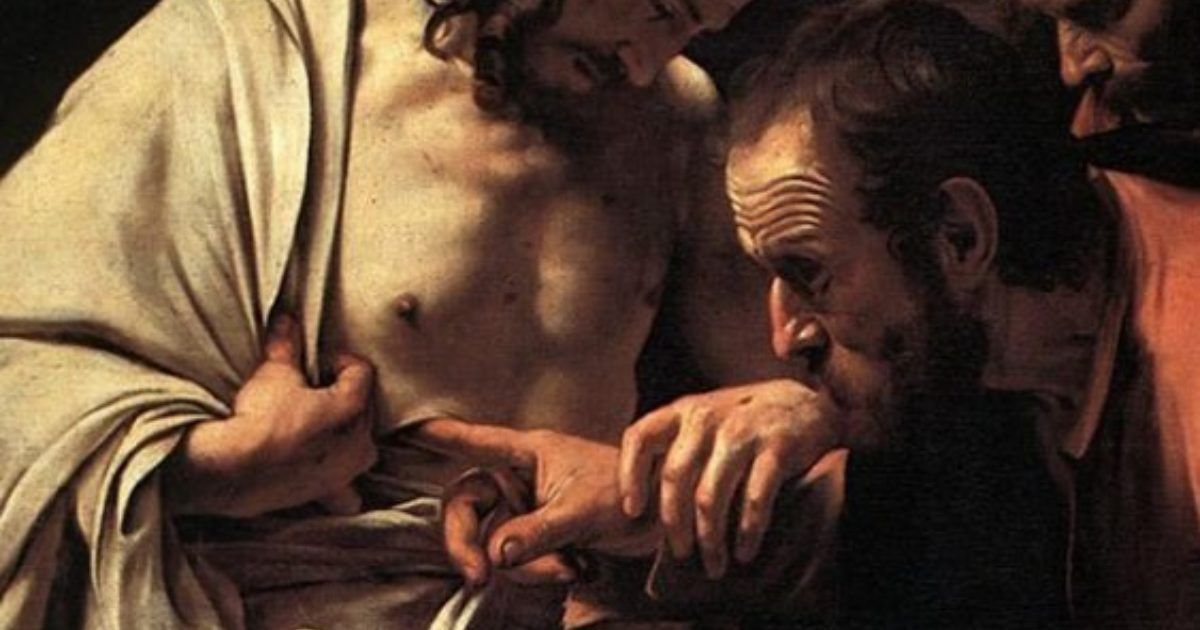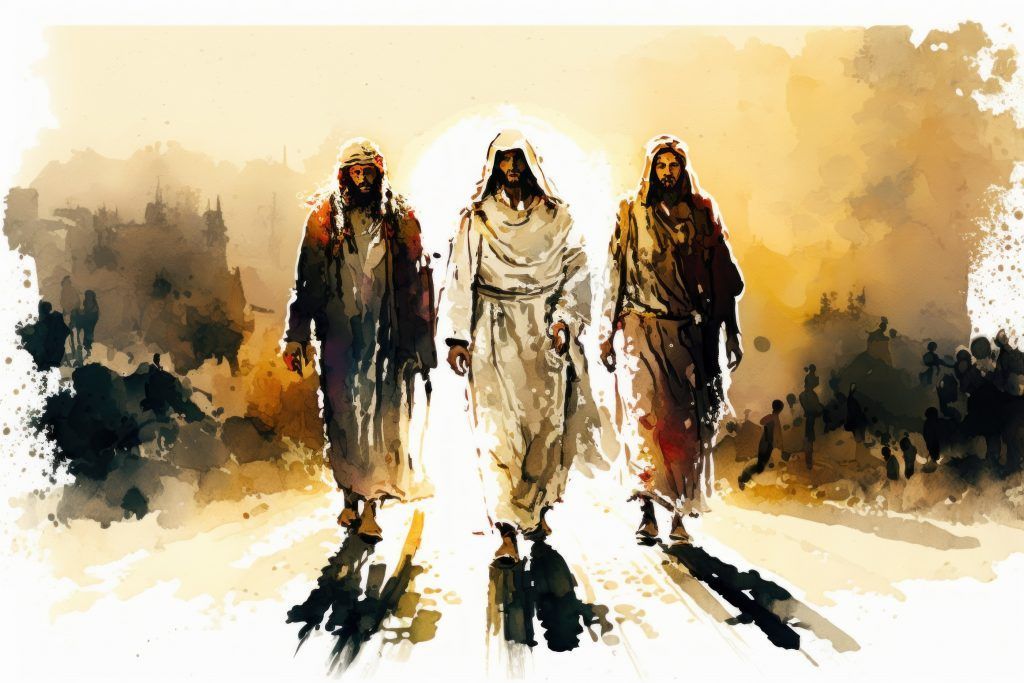For God So Loved
The Power of John 3:16

John 3:16 stands as a beacon of hope in the Christian faith, encapsulating the essence of God's love and the promise of eternal life. However, to fully appreciate its significance, we must delve into the context from which it emerges.
In John 3, we encounter Nicodemus, a prominent figure of his time, seeking answers from Jesus under the cover of darkness. Despite his stature, Nicodemus is humbled by Jesus' teachings on the necessity of spiritual rebirth. This interaction sets the stage for the timeless message of John 3:16.
Jesus draws on the Old Testament narrative of the bronze serpent in Numbers 21 to illustrate the consequences of sin and the need for salvation. Just as the Israelites looked upon the bronze serpent to be healed from snake bites, humanity must look to Jesus, lifted up on the cross, for spiritual healing and eternal life. This imagery emphasizes the universality of sin and the accessibility of God's grace through faith in Jesus.
John 3:16 extends an invitation to all, transcending barriers of status, ethnicity, and tradition. The phrase "whosoever believes" underscores the inclusivity of God's love, reminding us that salvation is available to each individual who places their trust in Jesus Christ. By inserting our names into the verse, we personalize the promise of eternal life, reaffirming our faith in God's redemptive plan.
In the midst of life's uncertainties and challenges, John 3:16 serves as a beacon of hope and assurance. It calls us to respond to God's love with faith and obedience, recognizing our need for spiritual renewal and embracing the gift of salvation offered through Jesus Christ. As we journey through Lent and beyond, let us heed Jesus' invitation to step out of darkness into the light of his love, sharing this message of hope with others and living as beacons of God's grace in the world.
**This blog post was created as a collaboration between the Director of Communications, Amber Forrest, and AI.


